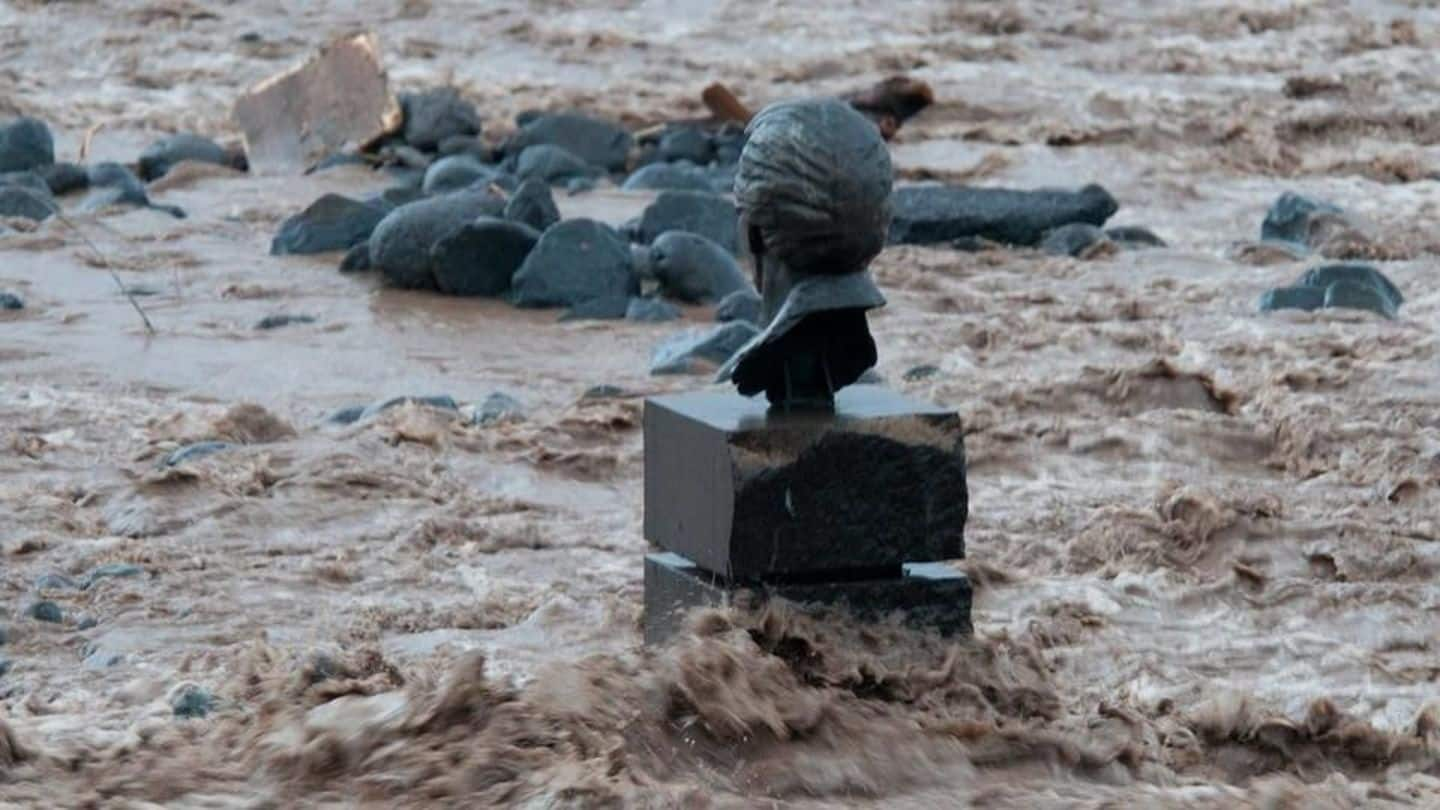
Sierra Leone mudslides: President Koroma appeals for urgent help
What's the story
Overwhelmed by the scale of Sierra Leone's mudslide, President Ernest Bai Koroma appealed for urgent help from the international community. Having been termed 'worse than Ebola', the disaster has left more than 400 dead and hundreds missing. President Koroma notes that the devastation has 'wiped out entire communities'. The government is now planning a mass burial to free up mortuaries. Read about it here.
Do you know?
What is a mudslide?
Also known as 'mudflow', mudslides are characterized as 'the fastest and most fluid form of earth movement'. Events including heavy rains can trigger mudslides. Comprising mostly of clay, they travel fast on the lower slope like an avalanche often destroying everything in its way.
Details
What happened in Sierra Leone?
The mudslide was triggered after the Sugar Loaf mountain outside Regent, a town close to the capital city of Freetown collapsed in heavy rains. It travelled for almost two miles destroying at least hundred houses in Regent while its residents were still asleep. "The mud came down with the water so fast ", notes Issatu Koroma, one of the survivors, while recalling the horror.
Figures
Hundreds dead or missing
Freetown Mayor Sam Gibson noted that they are preparing for the mass burial of about 270 people who died. In an interview with Reuters, the chief coroner noted that 400 bodies had been discovered. While Red Cross estimated over 300 to be dead and 600 missing, ActionAid estimates that 1500 people have gone missing. The death toll is purported to rise further.
Search and rescue
What about rescue operations?
The country's terrain is making rescue operations difficult. Speaking on the challenges, Linnea Van Wagenen, a UN official notes, "It's hard to access these areas, where it's muddy, it's slippery. We're not sure how this massive landslide has affected the ground around it." The UN has further been using satellite and drone imagery to assess the possibility of a second mudslide.
Quote
An (un) expected tragedy
Sierra Leone is known to be a flood-prone country. According to Dainel Byrne from Oxfam, "This particular emergency is unique because the total number of survivors is not that high compared with the people who have died. No one was expecting a situation like this."